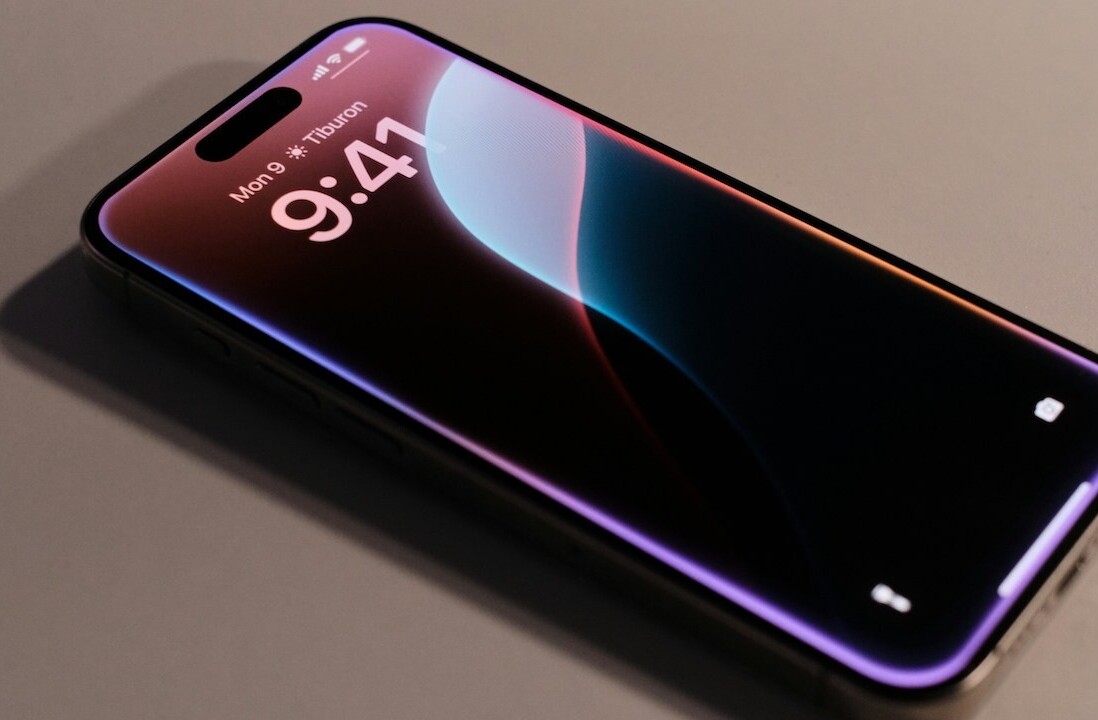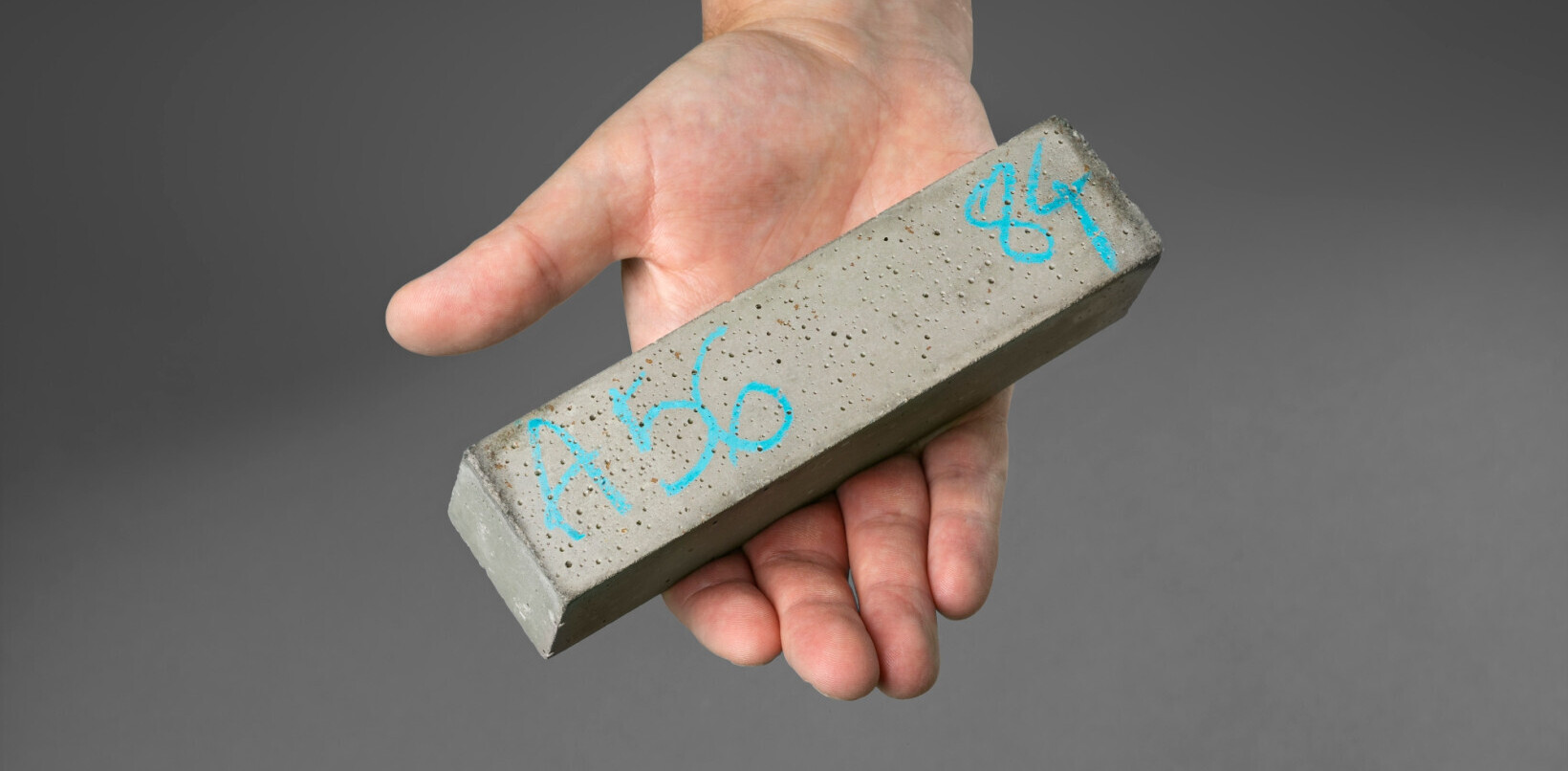
Apple has used its massive cash reserves and manufacturing investment to block other manufacturers from sourcing the best parts for their devices, creating frustration in its rivals like HP and widening the gap between the iPad and its competition, a source with knowledge of the matter has informed The Next Web.
We know that the HP TouchPad has been discontinued and that the future of webOS is now in doubt. We also know that HP’s anemic hardware sales had a lot to do with this.
Amid these proceedings, there has also been a lot of speculation around why Apple’s iPad hardware is so much better than the HP TouchPad’s but now a source close to the matter has given The Next Web details on exactly how much power Apple exerts in tablet hardware and software.
Apple has put a ton of work into building a supply chain and technological prowess that is second to none. This has made competing with it an incredibly difficult proposition.
For one, Apple has exclusive deals with hardware manufacturers for the best parts. This means that HP couldn’t get the same display as the iPad, it could only source the second best. It’s not that HP didn’t want to get the best, or wouldn’t pay for it, it simply was not available to them, period. If HP wanted display technology for production units that rivaled the iPads, it would have to wait until Apple’s exclusivity deals on hardware ran out.
This isn’t just for displays either, whether it’s glass, screens, chips or any other parts, Apple uses its cash hoard to secure exclusive rights by investing in companies and manufacturing processes. This is seen within HP not only as a way that Apple secures the best hardware for itself, but also as a way that Apple stymies innovation in other companies by using its power to cut exclusive deals.
While there is a lot of respect inside companies like HP for the way that Apple designs and builds its products, there is no question that the power it wields to generate exclusive manufacturing channels is felt in a big way by competitors. This isn’t a nebulous network effect that is only of interest to students of Apple’s process, it’s a very real roadblock to other companies looking to source the most bleeding edge technology. Apple has almost unlimited access to it for months before it becomes available to others.
Inside HP, this process is looked at as a way that Apple blocks not just access, but innovation. While there is respect for Apple’s design and engineering prowess, this exclusive access to technology is seen as holding back the innovation of companies like HP by denying them access to the tech that they need in order to make their products competitive.
The comments from our sources about the way that Apple gains exclusive technology sounds completely accurate to me. I’ve commented before on Apple’s ability to ensure that it secures its supply chain and it has been referred to elsewhere as one of the main ways Apple uses its cash. What’s interesting about this information is the fact that this isn’t an analyst or writer but the expressions of people inside one of Apple’s major competitors.
What I don’t agree with is the sentiment that Apple is ‘blocking innovation’ with its tactics. When companies find it hard to source the same parts as Apple, in the same quality, they are feeling the bite of a decade’s worth of hard work and forward-looking strategy, not some sort of technology trump card.
Yes, Apple has exclusive access to the absolute best touch panels and crazy good machining technology for aluminum casings, but not because it was won in some sort of rigged contest. It has access because it built that access by hand, by looking to the future while everyone else was looking to the past.
Although some of the strategy surrounding Apple’s manufacturing process has been in place for even longer, you can look to the success of the iPod as a turning point in the modern history of the company in more ways than just sales success. With the iPod, Apple was able to put pressure on its rivals by locking up the majority supply of miniature hard drives and, later, NAND flash memory for iPods. Not only were other companies hard pressed to supply their devices with the best storage options, it was nearly impossible to do it at the prices Apple was able to command.
Honestly, we’re all fans of webOS here at The Next Web and hope that it does in fact find a home on hardware that may do it more justice, not that there is any guarantee of that. When you’re a company that is trying to compete with Apple in the hardware space, it is easy to cry foul on its hardware advantages, but it is merely enjoying the fruits of its labor.
Get the TNW newsletter
Get the most important tech news in your inbox each week.





